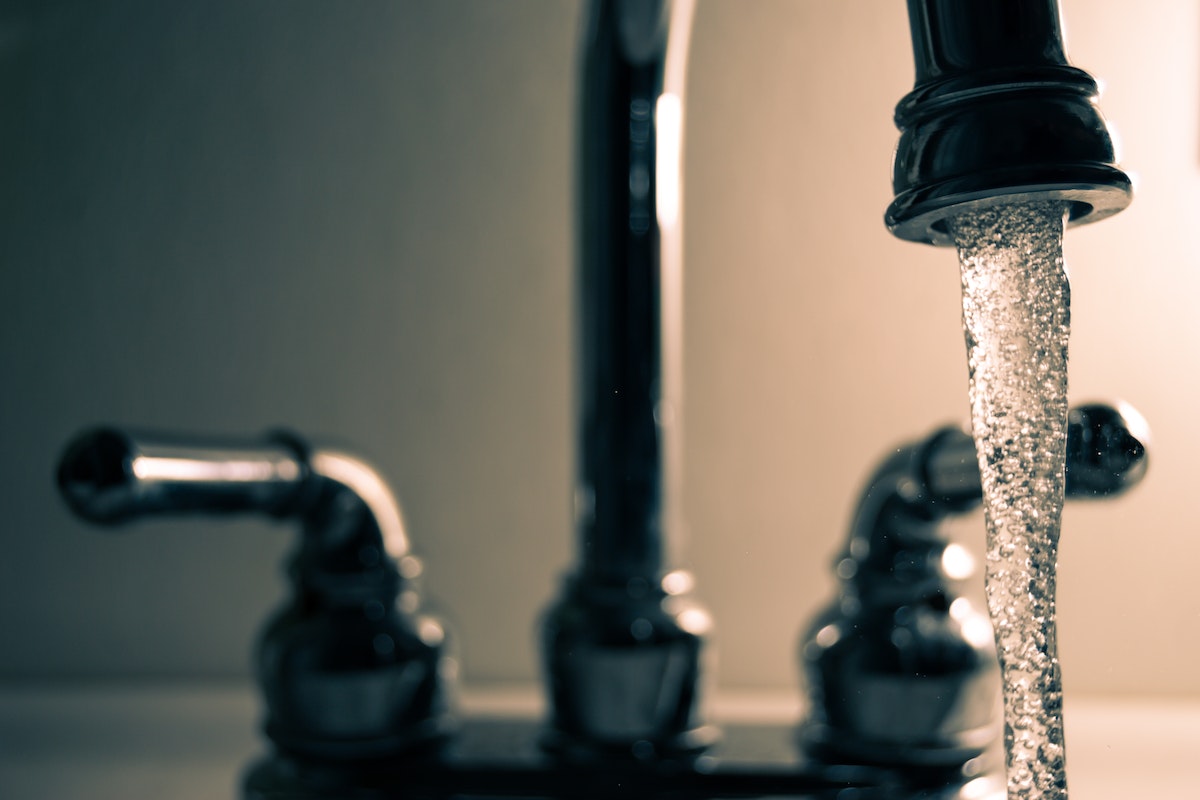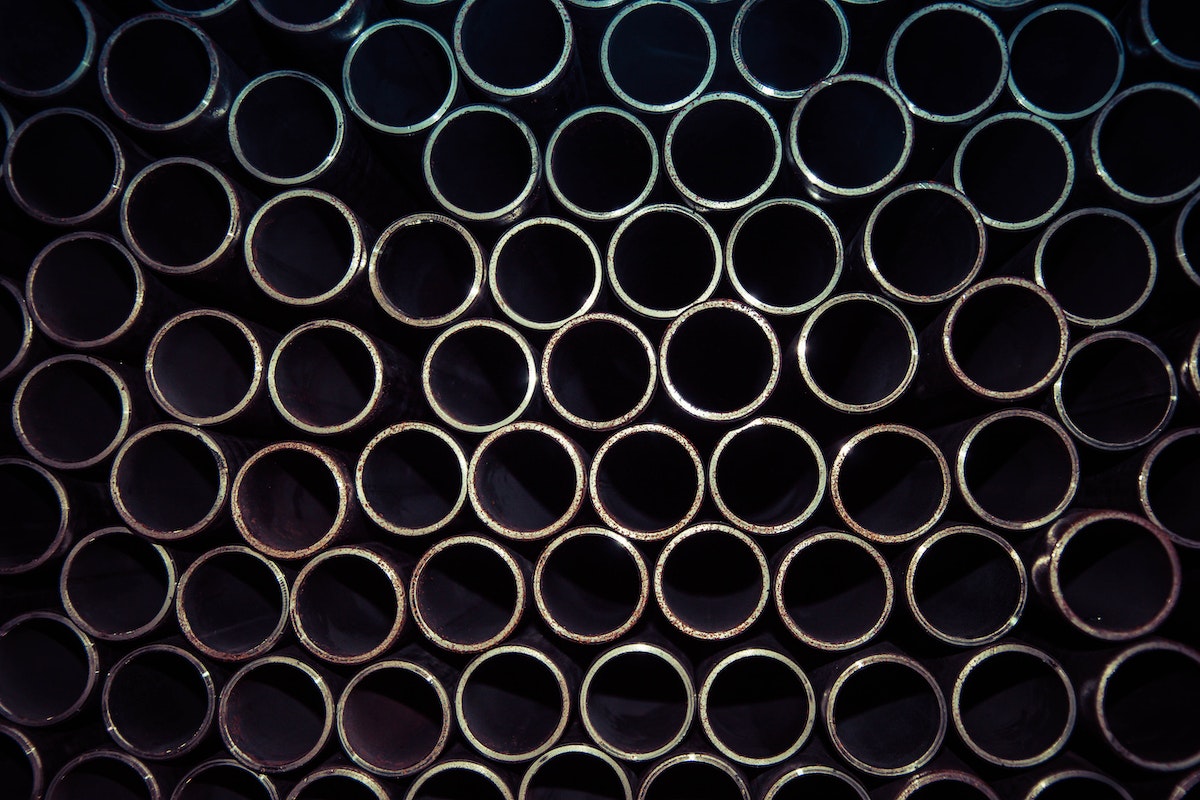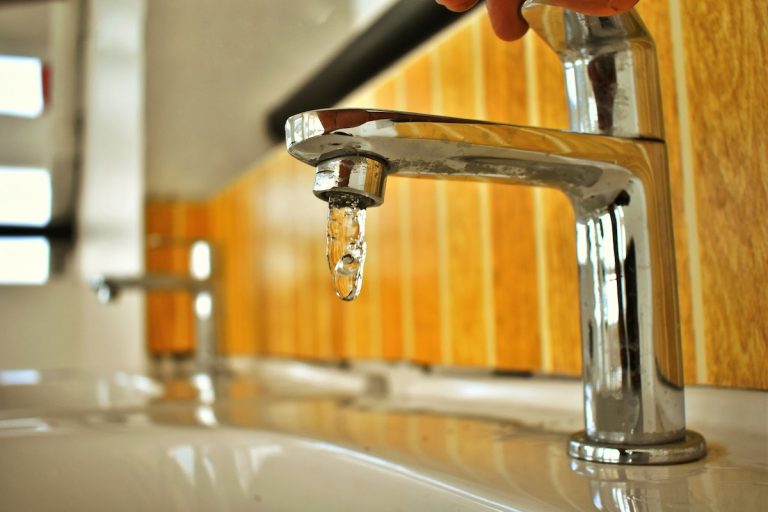• Low water pressure can be caused by small pipes, municipal water supply issues, clogged filters and screens, and leaking pipes.
• Replacing or repairing small, old pipes with larger PEX can help alleviate low water pressure.
• Clogged filters and screens should be cleaned regularly, while leaking pipes must be fixed immediately to prevent further damage.
• Installing a well pump on your property can also help improve access to more water and restore the pressure.
If you’ve noticed a significant drop in water pressure from your home’s taps and fixtures, you might be wondering what could be causing it. Several factors can cause low water pressure, but it’s important to understand why so you can take the proper steps to fix the issue. Here are some of the most common causes of low water pressure in your house.

Possible Reasons You Have Low Water Pressure
You may not think about it frequently, but many components in a home’s plumbing system contribute to the water pressure you feel. You may notice that the pressure is lower in some rooms or at certain times of the day, especially when multiple fixtures are running. Common causes include:
Pipe Size
If your pipes are too small or clogged with corrosion and sediment, they can restrict the water flowing through them. This can be especially common if your pipes are quite old, as over time, corrosion and blockages often accumulate inside the pipes. Small pipes and fittings can also cause water pressure to drop significantly due to increased friction and pressure buildup.

Municipal Water Supply
The municipal water supply impacts the pressure you feel in your home. A decrease in the overall population or an increase in demand can affect the flow rate going through your pipes. This could lead to your home’s water pressure being lower than normal.
Clogged Pipe Screens or Filters
Screens and filters are installed at the end of water pipes to remove dirt, debris, and other contaminants. Over time, they can become clogged, resulting in a significant drop in water pressure. If screens or filters are installed on any of your pipes, they may be clogged, which can cause a severe drop in water pressure because the debris blocks water from flowing through the pipes.
Leaking Pipes
You may have leaking pipes somewhere inside your walls or under your foundation. Leaks are especially common in older homes where corrosion has taken its toll on the plumbing system. A leak from a single cracked pipe can reduce your overall water pressure significantly, so if this is the cause of your issue, you should contact a professional plumber right away to have them repair it. You don’t want to wait too long, as leaks can cause further damage and lead to costly repairs.
Availability of Water on Your Property
If you could not check your pipes and screens, the other possible cause could be an issue with the water availability on your property. Living in a rural area or not having enough stored water on your land can lead to low water pressure issues. This could also be due to the many people living in your neighborhood.
Fixing Low Water Pressure Issues
Once you have identified the source of the issue, fixing low water pressure can take several steps. If pipe size is an issue, you may need to repair or replace the pipes with larger ones. Opt for PEX pipes over PVC or copper, as PEX offers greater flexibility and is more resistant to corrosion.
If the municipal water supply is causing your problem, you may need to coordinate with your local municipality or contact a licensed plumber to find out what additional service or repairs you need. Depending on the situation, they may suggest installing a booster pump or an additional pressure tank to increase the water pressure.
On the other hand, for your clogged screens or filters is typically quite simple: flush them with a hose and allow water to flow through for a few minutes until the debris has been cleared. You should also clean any screens and filters regularly and check not only for debris but also for gunk and slime.
To fix leaking pipes, you should contact a professional plumber to assess the situation and determine whether or not they need to be replaced. When left unfixed, leaks can cause extensive damage to your home.
Finally, if water availability is a problem, installing a well pump can help you gain access to more water and restore the pressure in your home. Options such as a shallow well pump or a deep well pump can be installed by a professional and should help restore your water pressure.
Ultimately, it all boils down to understanding the source of your low water pressure issue before you can take the right steps to fix it. By identifying the cause and implementing the proper solution, you should be able to restore the water pressure in your home and enjoy a comfortable shower once again.

